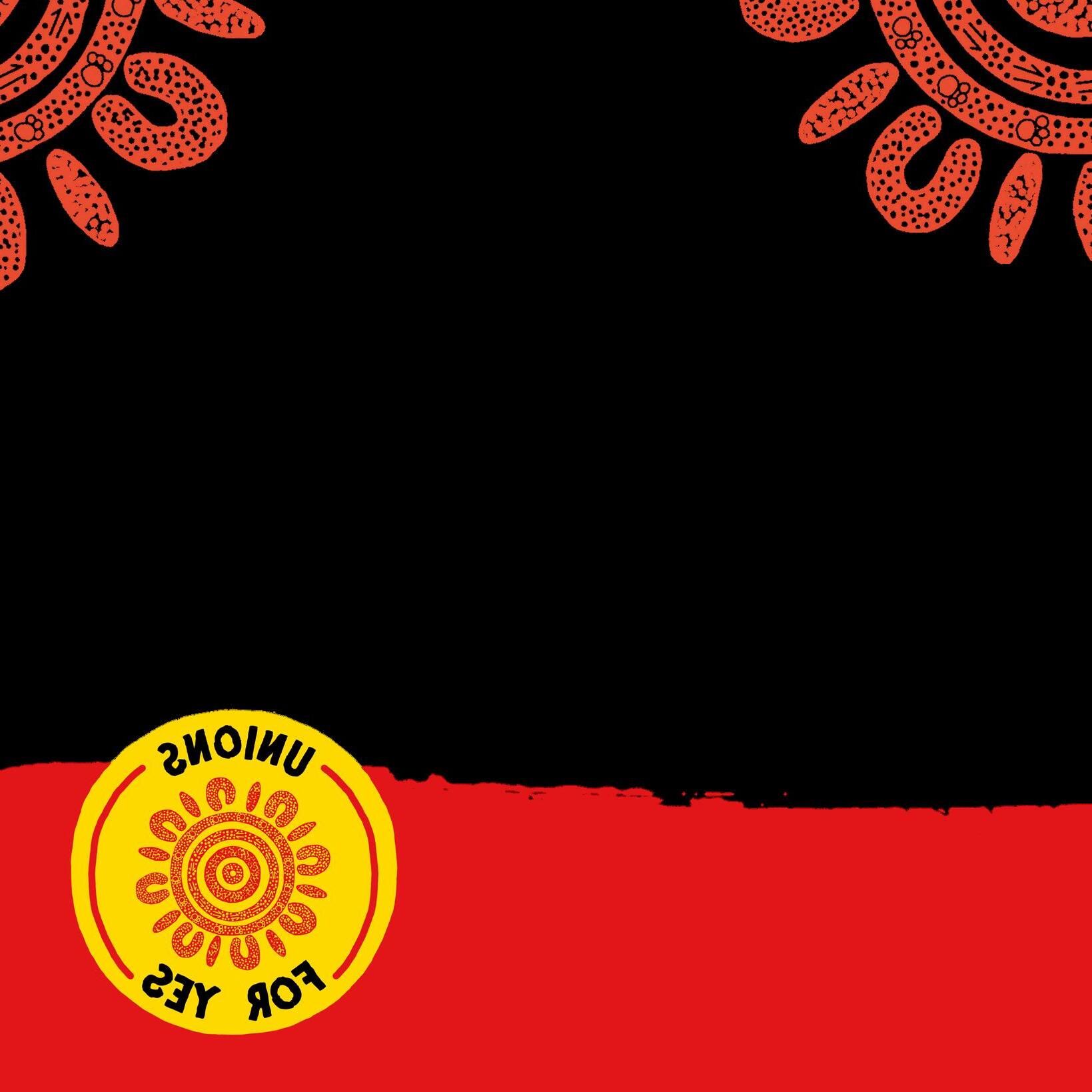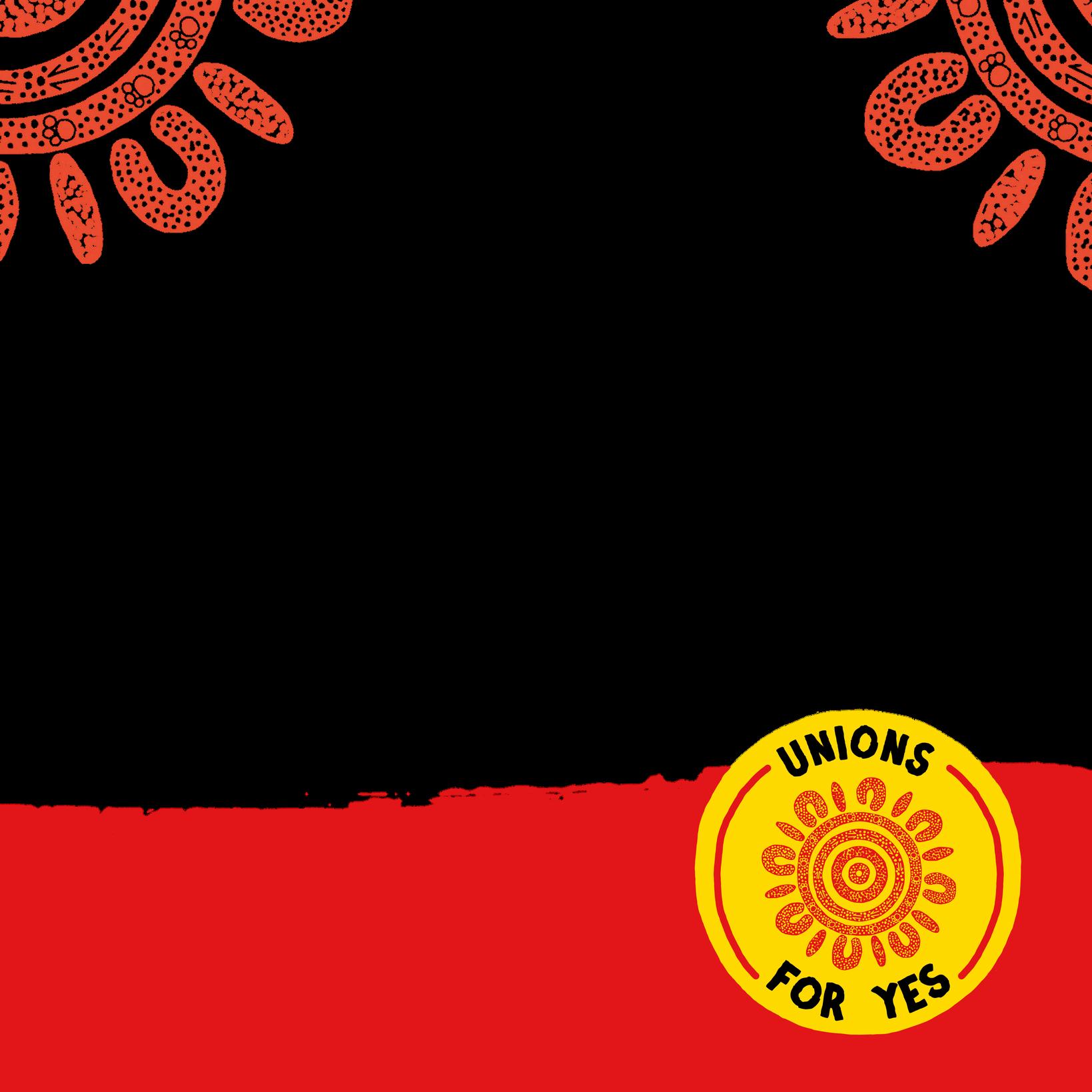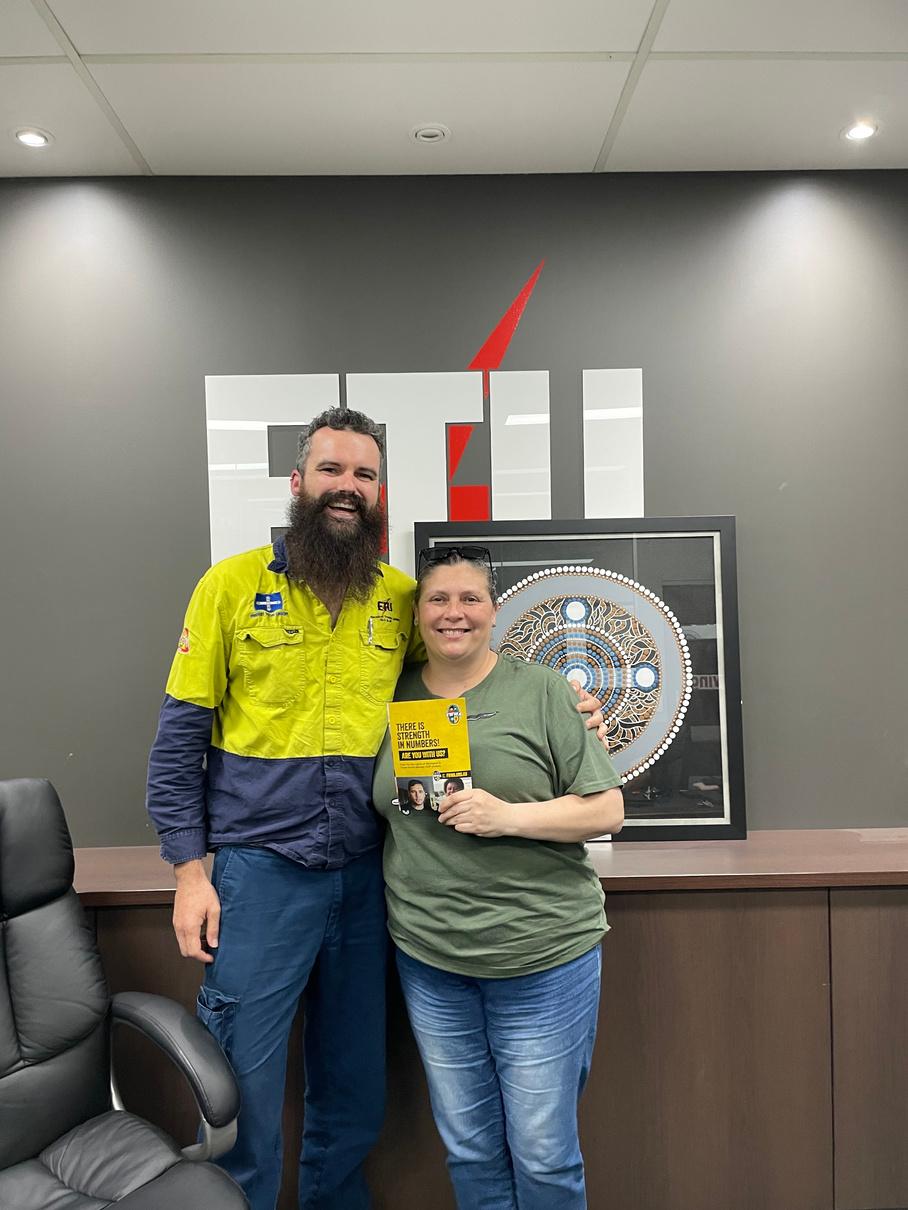
3 minute read
HISTORY IS CALLING DON'T HANG UP
As we prepare for the 2023 Voice Referendum it’s important to reflect on how we got here and why it is so important to Australia that we finally recognise our first nations people by enshrining their right to be heard and consulted on issues that directly affect them in our founding document the constitution
This is not a new phenomenon – Indigenous people have been campaigning for many years to take their rightful place in this country’s birth certificate but until now it has fallen on deaf ears
The 1967 Referendum was the most successful in our history winning 93 percent of votes cast This empowered the national government to make laws in respect of Aboriginal and Torres Strait Islander peoples that could assist in addressing inequalities


1 Indigenous Australians were formally acknowledged as part of our nation’s population Until the 1967 referendum, Aboriginal and Torres Strait Islander people were not included in the census and therefore weren’t considered members of the Australian population
2 Changes were made to Section 51 of the Constitution The 1967 referendum changed Section 51 of the Constitution to allow the parliament to “make laws for peace, order and good government” for all Australians, where previously Aboriginal people had been specifically excluded
3 The Freedom Ride of 1965 led by Charles Perkins is credited for influencing the outcome In 1965, Charles Perkins, the first Aboriginal man to graduate from an Australian university (the University of Sydney), led a Freedom Ride through towns in western NSW to raise awareness of the poor state of Aboriginal health, education and housing The Sydney students gained significant public attention and are credited with influencing the outcome of the referendum
4 It was the most successful Australian referendum The 1967 referendum was the most successful in Australia’s history There have been 44 referenda since 1901 and only eight of those have returned a ‘ yes ’ vote
5 It did not give Indigenous Australians the right to vote Although it is a common misconception, the 1967 referendum did not give Aboriginal and Torres Strait Islander peoples the right to vote This right had already been legislated for Commonwealth elections in 1962
For proud Quandamooka man Thor Anderson and Birri Gubba woman Lara Watson this is personal, but it’s also Union business Both Lara and Thor are ETU members proud of the union’s history of standing up and walking the walk and they are asking their comrades to join them this year in not only voting yes, but also joining the campaign to ensure this referendum gets up with massive numbers
Lara was a vital member of the Not4Sale campaign that knocked off Newman in 2015 following that she has worked hard to right the wrongs of stolen wages and Indigenous exploitation under CDP and is currently the convenor of the FNWA as well as being the ACTU’s Indigenous Officer
Thor has risen to leadership roles within his workplace and in the broader ETU (state council) and Queensland unions (Indigenous reference group) space Thor was a participant in the ETU’s successful anti racism campaign video and has been a recipient of the Dr Robert (Uncle Bob) Anderson Award for outstanding Indigenous activism
Vote Yes To An Indigenous Voice To Parliament
For Lara having an Indigenous Voice enshrined in the constitution represents the foundation for meaningful consultation and creates the opportunities for indigenous people to have a say on policies that directly affect them – something that has been denied for far too long
But Lara is adamant that the Voice is only one part of the equation, for there to be meaningful change the Voice must be the start, followed by the Makarrata Commission that will provide the meat on the bones, this is where the treaty making and the truth telling happens, this is where meaningful changes happen, she says
For Thor the Voice is absolutely consistent with his Union values of fairness, dignity and consultation He says “the Voice will create a collective strength for Indigenous Australians, and it will enable us to have our representatives, representing our interests on things that affect us, at the table It is no different than our Union being present at the table when consultation is happening about things that affect a group of workers in a workplace It is common sense collectivism”
Thor makes the point “in 1967, we won the right to be counted as citizens, now we want the right to have our voices heard”
Both Thor and Lara support the Voice to Parliament as a vital next step and call on their ETU brothers and sisters to walk beside them to make history and start developing strategies and policies that will finally start to close the gap









